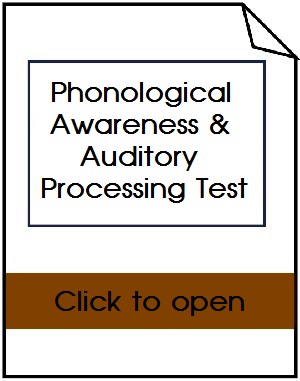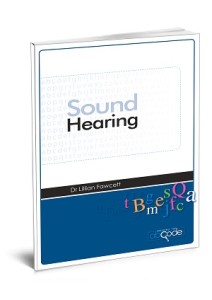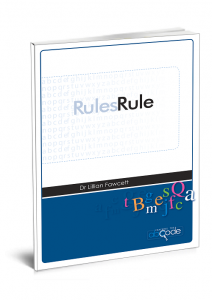 Defining Phonological Awareness
Defining Phonological Awareness
The first stage in literacy development is phonological awareness. This involves identifying and manipulating the sounds in speech. Students proficient in this area can identify and produce rhyming words. They can break words into syllables (e.g., den-tist) and individual phonemes (e.g., d-e-n-t-i-s-t) and blend individual phonemes back into words. They can delete phonemes (e.g., take the /l/ out of ‘clap’ to make ‘cap’) and can substitute one phoneme for another to produce a different word (e.g., change the /a/ in ‘cat’ to /o/ to make ‘cot’).
Reading and Spelling Success Predictor
A long history of research shows that the phonological awareness of pre-school children is the most powerful predictor of success in learning to read and spell (see for example, McNamara, Scissons, & Gutknecth, 2011). In addition, it has been found that children and adults with poor literacy skills have poor phonological awareness and auditory processing skills (see for example, Bruck, 1992). However, students who have poor phonological awareness can be taught this skill and an increase in phonological awareness and processing has been shown to positively increase reading and spelling ability (see for example, Robinson, 2010; Bhat, 2000).
Sound Hearing Book
The Sound Hearing book comprises two parts.
The first part consists of a set of exercises which have been designed to systematically develop students’ phonological awareness and auditory processing skills. The Phonological Awareness & Auditory Processing Test enables the identification of a student’s areas of weakness and the appropriate starting level.
The second part of the book consists of exercises to assist students who have difficulty differentiating between different sounds or words.
- Mommy Speech Therapy contains a lot of useful information and resources on early speech and language development, including information on when speech sounds are developed
- PSPAWA (Private Speech Pathologists of WA) provides contact details of qualified speech pathologists in Western Australia.
References
Bhat, P. (2000). Phonological awareness instruction for middle school students with reading problems. (Doctoral Dissertation).
Bruck, M. (1992). Persistence of dyslexics’ phonological awareness deficits. Developmental Psychology, 28(5), 874-881.
McNamara , J.K., Scissons, M., & Gutknecth, N. (2011). A longitudinal study of kindergarten children at risk for reading disabilities: The poor really are getting poorer. Journal of Learning Disabilities , 44 (5), 421-430.
Robinson, S. (2010). The effects of embedded phonological awareness training on the reading and spelling skills of kindergarten students. (Doctoral Dissertation).

Click on book image to view and e-version and to purchase.







